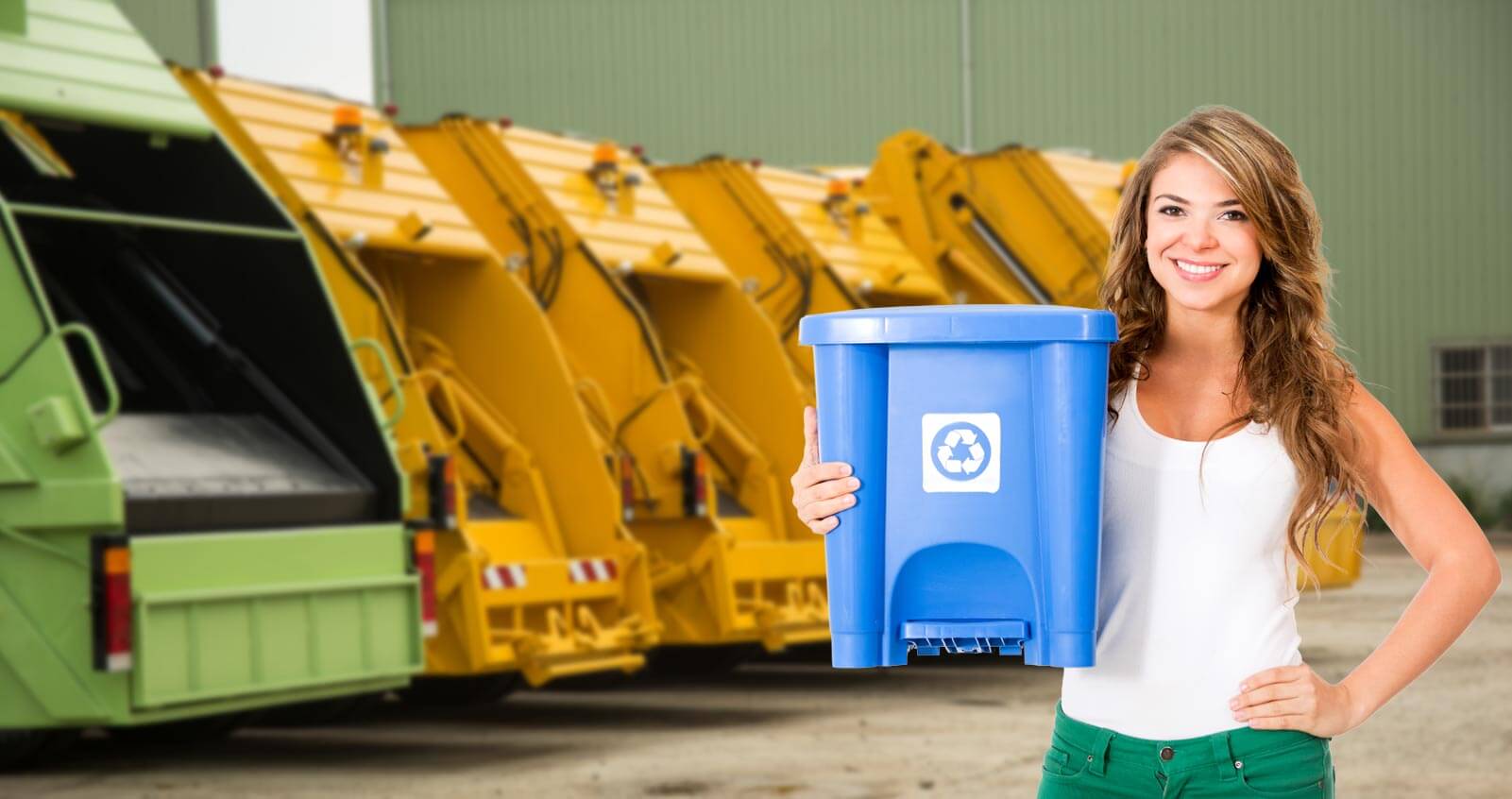UK's Fight Against Illegal Waste Disposal
Posted on 08/06/2025
UK's Fight Against Illegal Waste Disposal
Illegal waste disposal, also known as fly-tipping, is a pressing issue in the UK. With mounting concerns over environmental sustainability, the Government, local councils, and communities have come together to address and combat the escalating problem of unlawful waste management. This article delves into the UK's multifaceted approach towards tackling illegal waste disposal, the effectiveness of current measures, and the challenges yet to be surmounted.
The Scale of the Problem
Illegal waste disposal is not merely an eyesore but poses significant environmental hazards and carries hefty economic costs. According to DEFRA (Department for Environment, Food & Rural Affairs), there were over one million reported incidents of fly-tipping in the UK in the last year alone. Fly-tipping can result in polluted water sources, destroyed ecosystems, and increased landfill waste, thereby exacerbating the waste management crisis.

Government Strategies and Legislation
The UK Government has implemented various legislative measures to combat illegal waste disposal. The Environmental Protection Act 1990 is a cornerstone law that imposes strict penalties for offenders. Additionally, recent amendments and initiatives such as the introduction of the Environment Bill and the Waste and Resources Action Plan (WRAP) aim to address modern challenges in waste management.
Technological Intervention and Surveillance
Technology has become a pivotal tool in mitigating illegal waste disposal. The deployment of surveillance cameras in hotspots has proven effective in deterring potential offenders. Local councils are increasingly using Geographic Information Systems (GIS) to map fly-tipping incidents and allocate resources more efficiently. Furthermore, apps like "Love Clean Streets" enable citizens to report fly-tipping in real-time, thereby fostering community engagement.
Community Involvement and Awareness Campaigns
Public involvement is crucial for the success of anti-fly-tipping programs. Initiatives like Keep Britain Tidy and The Great British Spring Clean have mobilised communities to participate actively in clean-up drives and educational campaigns. Schools, non-profits, and local businesses are collaborating to raise awareness about the repercussions of illegal waste disposal and the importance of sustainable waste habits.

Enforcement and Penalties
Strict enforcement measures are integral to deterring illegal waste activities. The UK has imposed stringent penalties, including hefty fines up to ?50,000 or even imprisonment for serious offences. Roadside checks for waste carriers and increased patrolling in known fly-tipping areas are some of the proactive measures being taken. The Government is also looking to introduce fixed penalty notices for householders who fail to ensure their waste is disposed of correctly.
Challenges and Areas for Improvement
Despite significant strides, challenges remain in the UK's fight against illegal waste disposal. Resource constraints, especially at the local council level, hinder effective enforcement. Additionally, while surveillance and reporting technologies are beneficial, their efficacy depends on consistent funding and public cooperation. There is also a need for more recycling facilities and legal waste disposal options to accommodate the increasing waste generation.
Pros and Cons of Current Measures
Pros:
- Improved legislative framework deters potential offenders
- Technological advancements aid in monitoring and enforcement
- Community involvement promotes awareness and collective action
- Strict penalties ensure adherence to waste management laws
Cons:
- Resource limitations at the local council level
- Dependence on public cooperation for effective reporting
- Inaccessible recycling facilities and disposal options
- High cost of implementing advanced surveillance systems
Tips for Preventing Illegal Waste Disposal
1. **Report Fly-Tipping:** Use online platforms and apps to report any instances of illegal waste disposal.
2. **Secure Waste Properly:** Ensure that your waste is disposed of at authorized locations.
3. **Participate in Community Clean-Ups:** Join local initiatives to keep your community litter-free.
4. **Educate Others:** Spread awareness about the harmful effects of fly-tipping and the importance of proper waste management.
5. **Support Local Councils:** Advocate for more resources and facilities to help manage waste effectively.
Key Takeaways
- Illegal waste disposal continues to be a significant issue in the UK, posing economic and environmental risks.
- Government legislation, public technology, and community initiatives have shown promise in tackling the problem.
- Effective enforcement and public involvement are crucial for long-term success.
- Addressing resource constraints and enhancing recycling facilities can further strengthen anti-fly-tipping efforts.
Conclusion
The UK's fight against illegal waste disposal is a multifaceted effort, combining legislative action, technological advances, and community initiatives. While significant progress has been made, continuous improvements and sustained public engagement are essential for long-term success in fostering a cleaner, safer environment. Effective waste management is not only a governmental responsibility but a shared societal duty that requires collective effort and vigilance. By following best practices and supporting local initiatives, every citizen can play a crucial role in combating the menace of illegal waste disposal.




